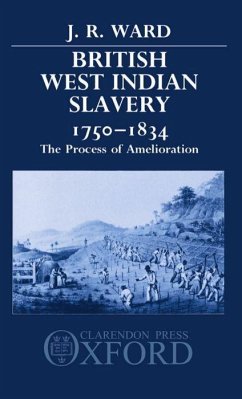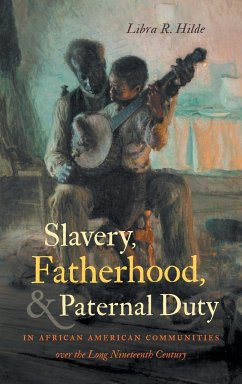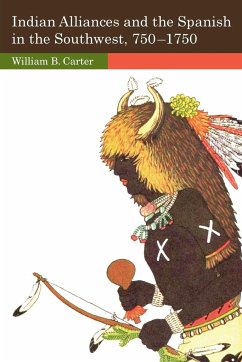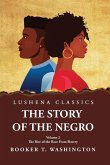The attempts made by British West Indian planters to improve the treatment of their slaves, partly in response to the rise of the anti-slavery movement, are examined in this new study. The measures taken, Dr Ward argues, had a considerable effect in raising both the standard of living and the productive efficiency of the sugar estates's labour force. Nevertheless, 'amelioration' also suffered serious weaknesses, which ultimately made it ineffective as a means to defend the institution of slavery. This is the first account of Caribbean slavery to be based on the detailed analysis of plantation records from several different sugar colonies. Although focused on the British West Indies, its main theme - the potential for reform and economic development in slave-based societies - has a wider significance.
Bitte wählen Sie Ihr Anliegen aus.
Rechnungen
Retourenschein anfordern
Bestellstatus
Storno









